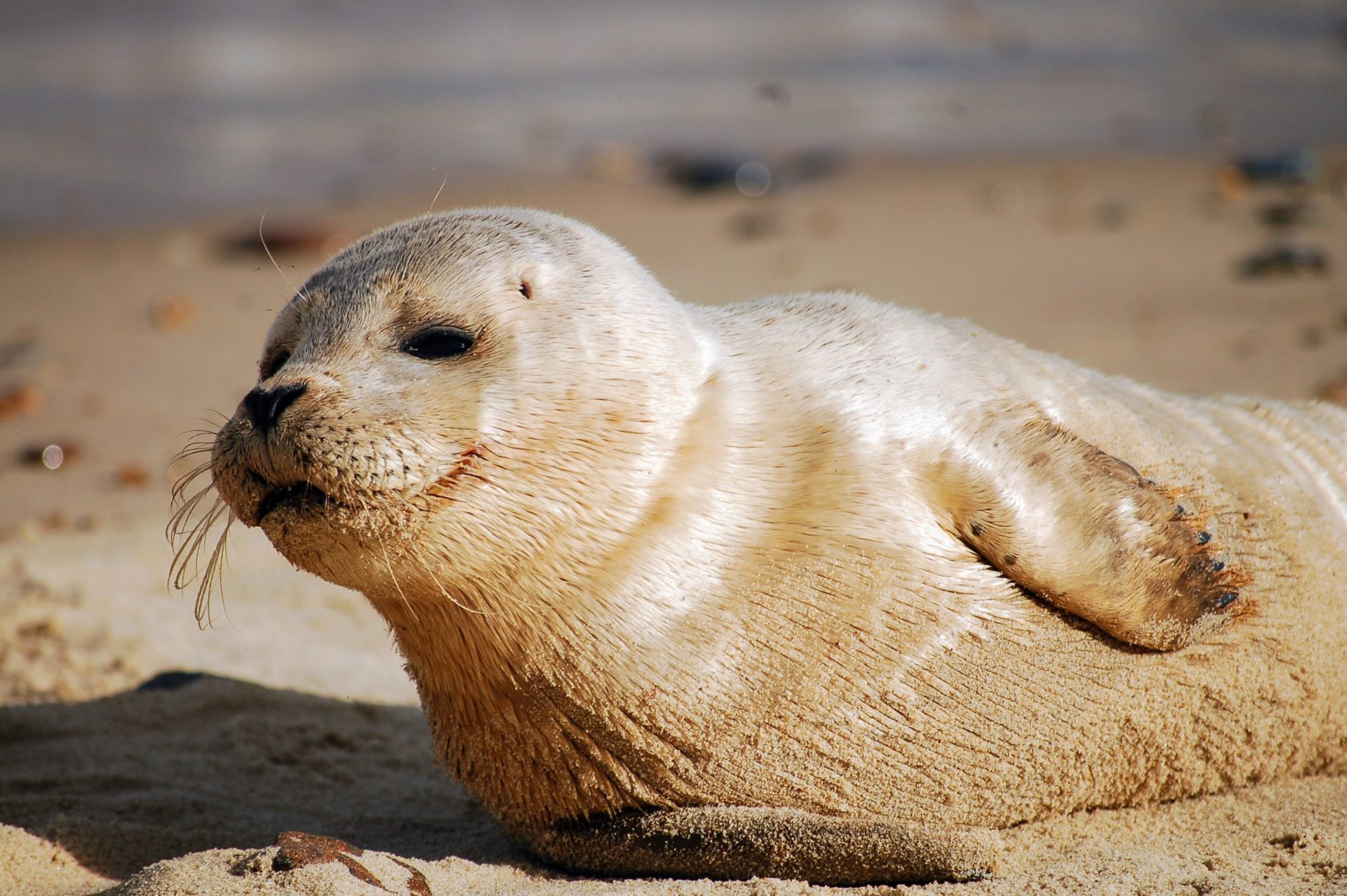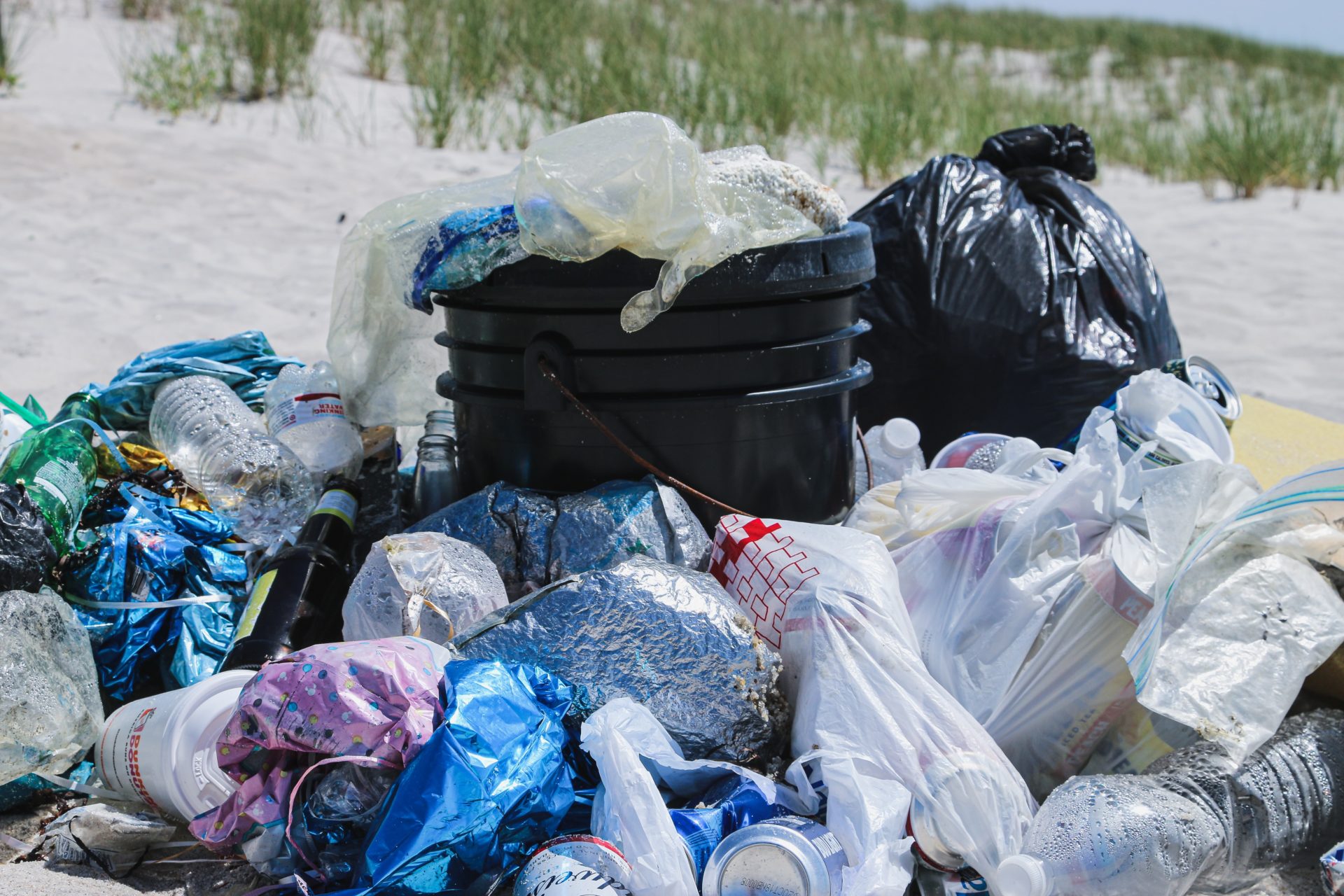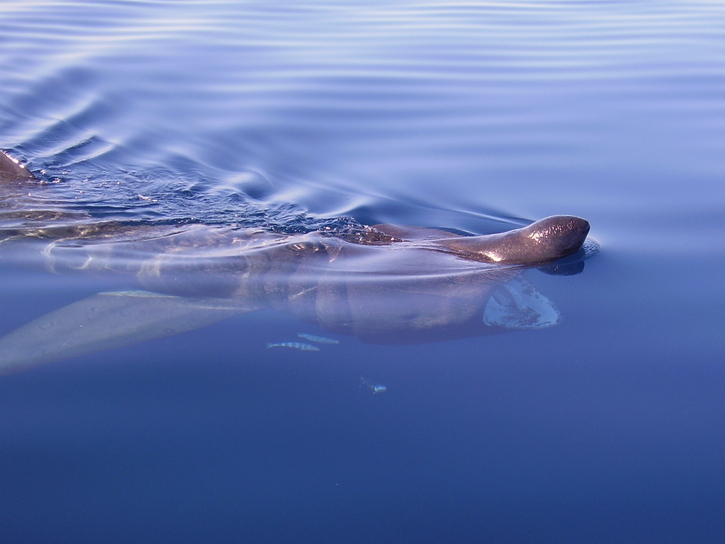Due to COVID-19 travel restrictions, those who normally holiday abroad may choose to stay closer to home this summer and visit the beautiful UK coastline instead. With more people out enjoying the Ocean, our local marine life could be impacted by the large rise in visitors.
Most people put pressure on local marine life without intending to, so we wanted to share advice with our readers to help reduce wildlife disturbance. As a charity, we encourage everyone visit the Ocean and fall in love with it, we also want wildlife encounters to happen responsibly.
If you are planning a staycation by the sea, here are some tips to ensure you are not disturbing marine life:
Keep your Distance
Try to stay at least 150-200 metres away from an animal in the water or on a beach when in boats, on jet skis, paddle boards or kayaks. This will help reduce the likelihood of startling animals in the water or scaring resting seals on beaches.

Respect Behaviour
When you encounter marine creatures, many are shy and will disappear immediately. However, some species can be inquisitive or are focused on feeding and will come close to you. If animals such as basking sharks are feeding they will usually move back and forth in a straight line when filtering plankton. If you stay a reasonable distance, but the basking shark is still approaching you, it is best to move out of the way so as to not interrupt its feeding pattern. Seals can also come close to you as they will be intrigued to see what you are doing in their territory. In these situations move slowly and calmly away from the animals. Remember, you may be lucky enough to have a close wildlife encounter, but you need to let them come to you, and only if they want to.
Seasonal Importance
It is important to avoid scaring animals like resting seals during the summer months as pregnant mothers haul out on beaches and young pups are vulnerable to being pushed or scared into the water before they have waterproofing on their coats. So please don’t approach beaches with seals on and if seals decide to come out and take a look at you, please don’t stay with them too long. We recommend you don’t get into the water with seals, but if you are approached whilst snorkelling or diving, give them space and respect and let them lead the interaction.
Citizen Science
One thing you can do when encountering seals and sharks is to collect identification photos. This is because grey seals, like many marine mammals, have unique markings on their body which can be used to identify individuals. Whereas basking sharks have unique dorsal fin shapes and this allows researchers to track each shark’s movements. These images are used as part of a larger database to track the movements of individuals so researchers are able to get the best understanding of the species as a whole.
Leave Only Footprints
One of the best things you can do to protect marine wildlife is to take your litter home from the beach! In a survey by Marine Conservation Society, it was found that 5000 items of marine plastic were found per mile of the beach in the UK. This staggering number can be reduced by taking responsibility for your litter!

We hope these five tips will help you have safe and respectful encounters with wildlife this summer. We hope you have some amazing sightings and feel happy knowing you have not disturbed the animals in any way.

